The Indian Constitution and its Day

Ankit Raj is the CEO and Founding Partner of Governance Consulting Group (GCG). He has been working since almost a decade in the area of public policy. Before starting his entrepreneurial journey, he was the Chief People Officer (CPO) at India’s foremost policy consulting organisation Swaniti Global. He worked at the grassroots level with tribal groups and rural population as Gandhi Fellow during his engagement with Piramal Foundation. He is passionate about business law, public policy and management theories.
On the 26th of November 1949, India gave itself a philosophy through which it envisioned an all-round development of each of its citizens. Today, when we see the intellectual climate of the country, with increasing activism of justice-freaks and vigilance of good governance-advocates, we find that the Constitution is gaining more cards of itself. It is being dynamic, comprehensive, and radical. But it must be noticed that the strike of constitutional development limits itself to the extent constitution acquires its depth of liberty.
Today, the most significant reason for me to celebrate the functionality of a constitution like ours is that it has got the retention of the belief of the masses. We are at least successful in upholding the ethos for complete justice from the Constitution for all. The progress of a rule book to a book of hope underlines the successful prediction by the makers of law and the interpreters of the same. This day is also an opportunity to celebrate them.
This capacity to ensure the consistent endeavor for complete justice comes with the thought of thousands of years, being relevantly historic and historically relevant, psychologically philosophical and philosophically psychological, humanly ruler and a ruling liberalist and stringent enough to feel that what it takes to be heard. Hence, those who see things in Black & White to prove to the lady who prefers to see nothing through eyes and see everything through the eyes of the ear and the brain need to be appreciated.
The core issue for human society since ages has been of ensuring justice. It is an undebatable aspiration that the life men, women, nation, institutions, ideas, and all must include the ways which may develop the capacity of judging how to reduce injustice and advance justice. And for that only aspiration, we have embraced democracy as the system of governance, the best of the known and a “government by discussion.” In a democracy, we have evolved with the conception of different institutions to ensure the longevity of social happiness, justice, and prosperity. Which means that justice is ultimately connected with the ways people’s lives go, and not merely with the nature of the institutions surrounding them.
Institutions are the carrier of ideas. But to keep them intact, we need defined polity, which must be focused on definite law. Human history has tried to keep polity as supreme, and that is how it has controlled the arbitrary interpretation and assumption of authority.
Hence, on this constitution day, when we are finding our own Constitution a beacon for the world, it’s time to celebrate all the constitutions which have opened their hearts for the birth of a better constitution like the Constitution of India.
One of the significant such policies was the separation of the legislature from the executive. Before 1781, the history of courts and legislatures is mingled with that of executives with the belief that they must be pursued in concurrence. But it actually manifested itself was more like a coincidence. Since, in modern India, the Constitution cannot be imagined functional without the legal institutions with the vertical superintendence of the Supreme Court of India and the nearby mothers – the high courts – the Indian Councils Act of 1861 becomes a pillar in the Indian legislative history.
After 1857, the suppression of Indian Mutinies and the assumption of the government in the name as well in reality by the British Crown led to a consolidation and reestablishment of the Indian Empire, which has been a significant part of the foundation for what we see today. Hence, after these developments, I see the period of 1761 to 1861 as a base period of the Indian constitutional history.
The Indian nation has given itself to a constitution which took its shape by the people who had witnessed the French Revolution, American Liberalization, 2 world wars, decolonization, superstition, discrimination, feudalism, nuclear attacks, elite male suffrage, religious intolerance, and huge drain of wealth. In that chaos, the produced Constitution really makes us show humility. We have witnessed almost all nations in our neighborhood, which got independence in the same period-of-time, having less heterogeneous and better manageable populations are yet struggling to be a functional democratic republic.
A significant reason for that maybe that the people of India we convinced enough to make a start and not reinvent whether it is the best or not. In order to uphold this belief of common citizens and strengthen the ownership over the nation, and in Ambedkar’s words – to cure the deeply hurt Indian self-esteem – universal suffrage in one stroke to the each-and-every citizen was a masterstroke.
As we are going ahead in the exploration of our constitutional democracy and the idea of a republic, we have found the Constitution being paradoxical or silent at many places. These traits of it indicate the transcendent nature of our constitution-makers. At multiple places, it prevents the state from doing certain things. In contrast, in numerous other areas, it only secures the scope of how to do something. For example, in the fundamental rights, its preventing nature is oriented towards the state. In contrast, for provisions of emergency imposition, it siphons the power to state and remains silent on many significant aspects. Now, this selective silence is an exclusive echoing statement, and that’s where the founding fathers of the Constitution impress the most.
The ethos to interpret the silent messages of the Constitution definitely get their definitions from the outlook of the society. The presence of a guiding book, which is fundamentally binding, underlines that we are yet an imperfect society where there is constant friction between individual rights with collective well-being. Hence, the unpinned message is that the ambition must be of observing the underlying ethos of the goals that the Constitution desires to achieve and make functional march towards the same as soon as possible. It also means that there should be an absence of orientation for malicious interpretation of the Constitution regardless of the situation. I think that will be the best appreciation for all those who rack their brains to keep our generation entitled with rights even before our arrival on earth.
Ankit Raj is a Gandhi Fellow and also recognized as a Change Maker by Global Action on Poverty. He has been associated with NIRDPR, Government of India as a Professional, and currently looks after the Talent Management vertical at Swaniti Initiative.
Featured Image Credits: Needpix



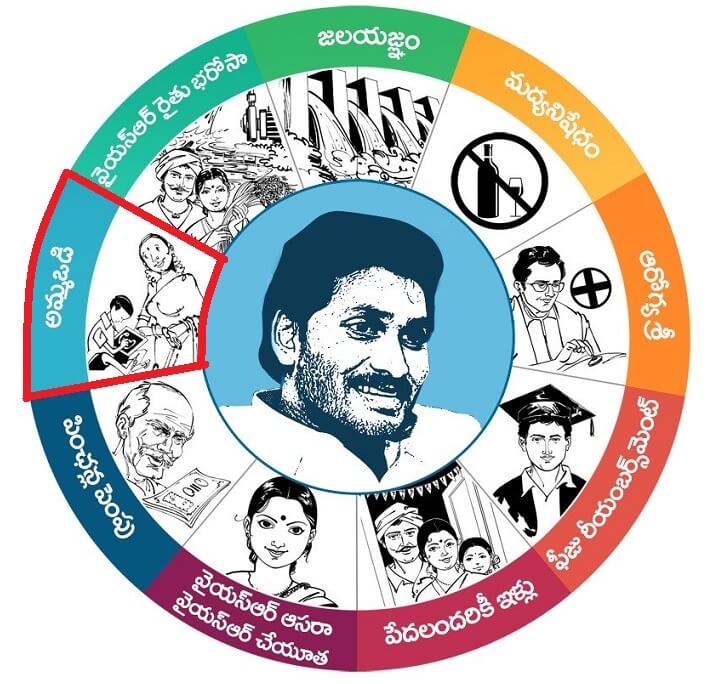
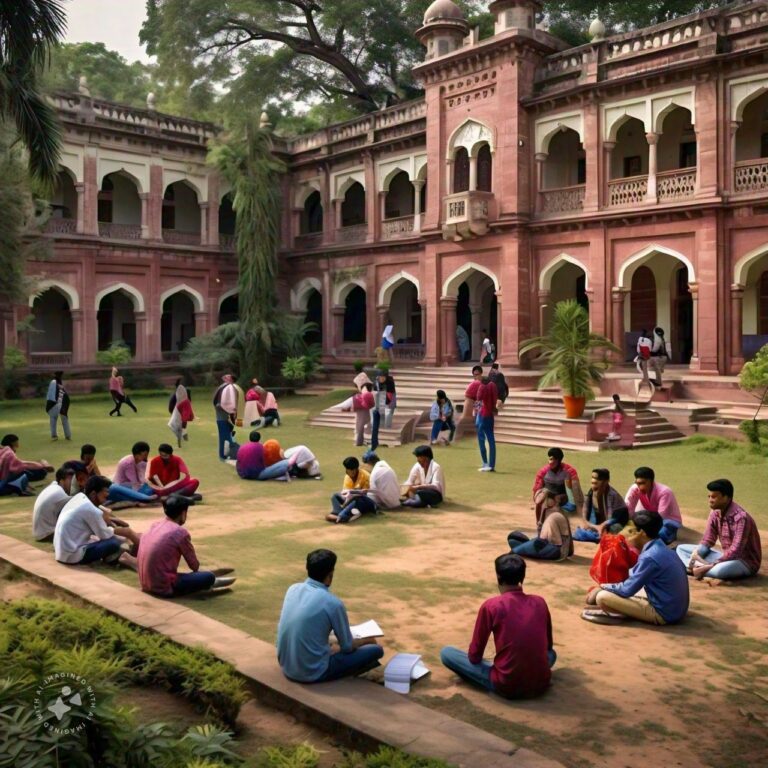
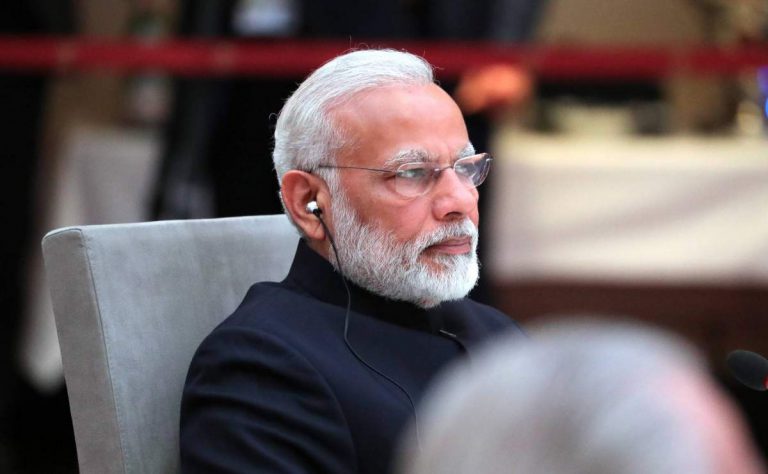
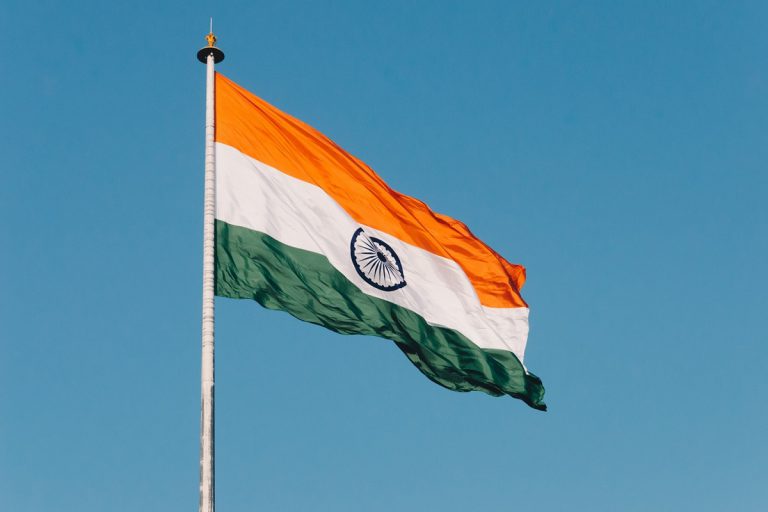
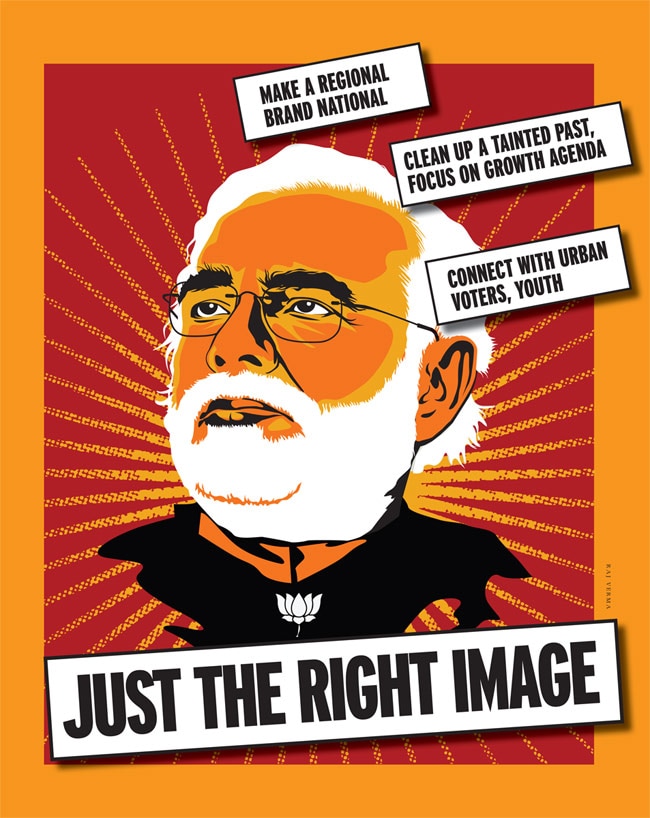

Readers' Reviews (6 replies)